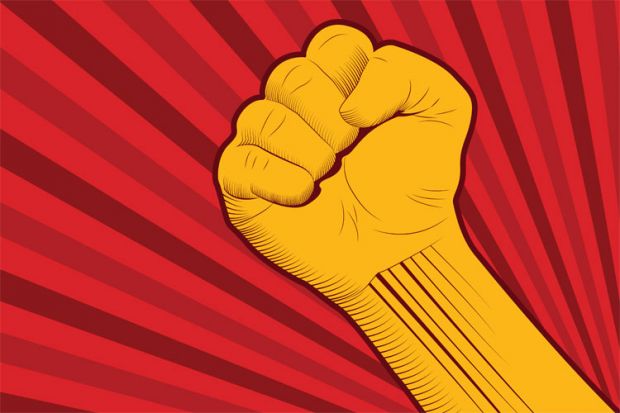In August, I travelled to Zaman University in Phnom Penh, the Cambodian capital. I was there to give a keynote lecture on the role of youth education in national and regional development to an audience of undergraduates and staff. I am a frequent visitor to Phnom Penh (my wife and stepdaughter are Cambodian, but live with me in the UK), but this was my first venture into Cambodian academia.
The event was the first of what is planned to be an annual student conference on arts, humanities and social sciences, aimed at providing a broad platform for students to share their knowledge so as to “promote a research culture among university students in Cambodia and across the region”. Promoting research is a role that I have in my present job at the University of East London.
Zaman University has an interesting story that offered some themes for my lecture: it is a private university owned by a Turkish firm, founded in 2010 by a former journalist at the major Turkish mass circulation newspaper Zaman. Turkey is a European Union aspirant; Cambodia is part of the broadly comparable ASEAN (Association of South-east Asian Nations); and I have a close interest in ALBA (Bolivarian Alliance for the Peoples of Our America, an alternative to the Free Trade Area of the Americas, which former Venezuelan president Hugo Chavez had a key role in founding). So I decided to focus on the economic, political and social underpinnings of the EU and ALBA and to invite the audience to discuss the relevance or otherwise of these models for ASEAN and the future of youth education.
I contrasted political developments in the UK with those in Venezuela. Co-founder (with Cuba) of ALBA, Venezuela is distinguished by the promotion of social democracy and the mass alleviation of poverty; by participatory democracy in communal councils and communes; and workplace democracy and 21st-century socialism in the making. There is an emphasis on justice for Afro-descendants and indigenous peoples and the forging of multiculturalism.
Moving on to higher education, I differentiated the English model from the Venezuelan model, the latter providing free mass education for the working class in publicly owned universities, education to serve the needs of the workers and their communities and the creation of 21st-century socialists.
On opening up the discussion to the floor, the student reaction was muted to say the least. I’m not sure if this was out of politeness and respect for a visiting lecturer, lack of interest or disagreement with my arguments. Responses from staff present were more animated, with one lecturer stating that socialism always needs a strong state, despite the fact that I had been careful to differentiate 20th-century socialism and Stalinism from the Bolivarian model.
Another was more sympathetic to my position, and we are setting up a research project to examine the very issues that were at the heart of my lecture.
Register to continue
Why register?
- Registration is free and only takes a moment
- Once registered, you can read 3 articles a month
- Sign up for our newsletter
Subscribe
Or subscribe for unlimited access to:
- Unlimited access to news, views, insights & reviews
- Digital editions
- Digital access to THE’s university and college rankings analysis
Already registered or a current subscriber? Login

